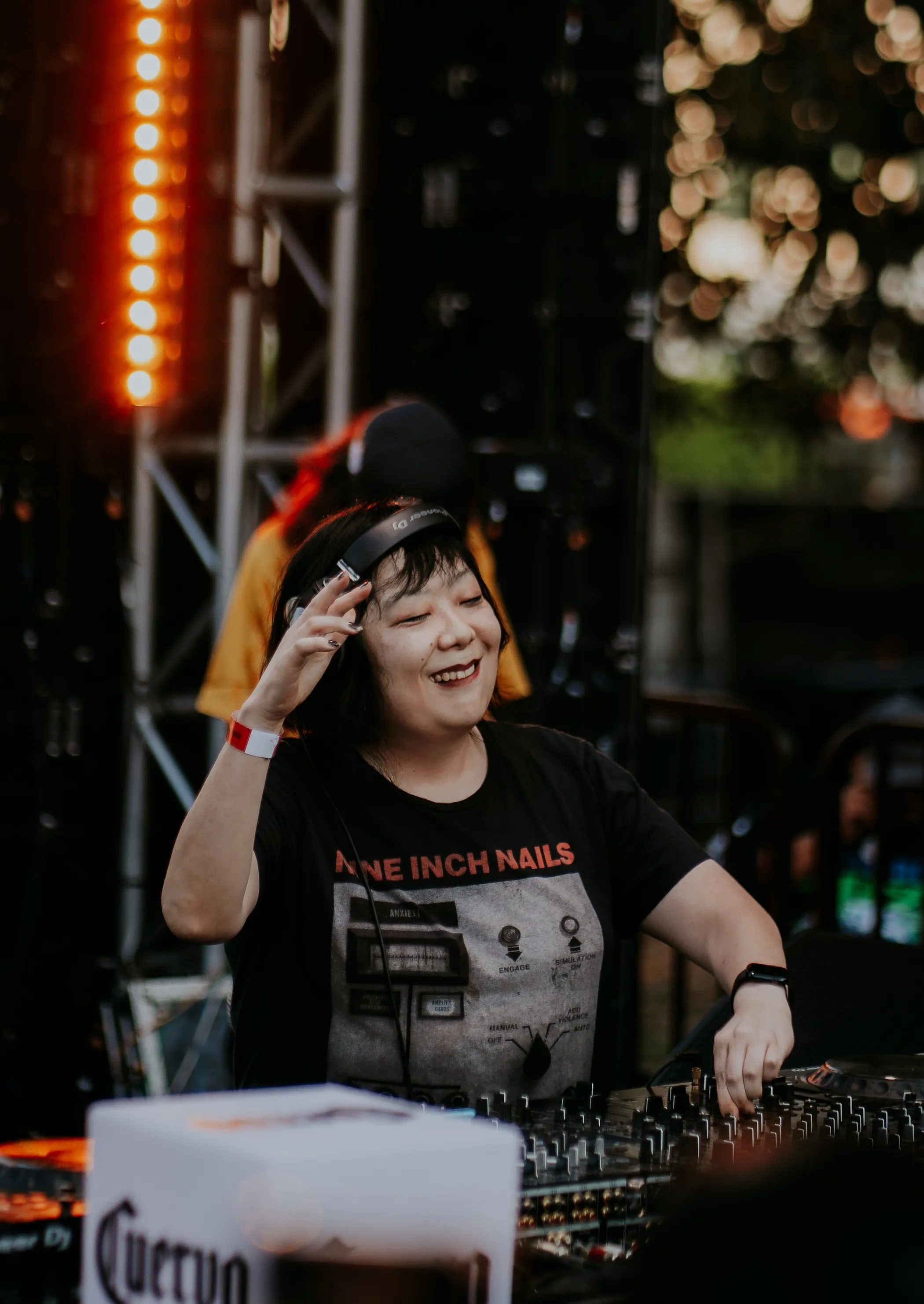F L A U N T

Last Saturday, international techno promoter and arbiter of taste, Boiler Room, held an open-air event at a monument situated on a small grassy knoll in the middle of downtown Los Angeles. Apropos of the tenuous nature of the LA area itself, the The El Pueblo de Los Angeles historical monument hedges its history on approximation— the park claims to be “near” where the original “town or pueblo” was founded, two hundred and forty three years prior. That amusing vagueness; the absurdly nebulous, opaque nature of the park, once home (or, rather, “near” home) to forty-or-so settlers of “Native American, African and European heritage,” still holds that idiosyncratic weight, years after its establishment. Not a festival, per-se, but not a singular concert either, Saturday’s day-to-night, plein-air Boiler Room proved to be a testament to the endearingly amorphous Angeleno ethos: thousands of partygoers, none seeking the same end goal, none from the same neighborhood, none focused on the same artist, all concentrated within a 9.5 square acre space. Techno, like Los Angeles, unites everyone.


The event—three stages featuring global heavy hitters like Floating Points, Bambii, Bonobo, and Haroko Yamamura—had a distinct Angeleno tenor, featuring local favorites like Anastazja and BB Shaine. Writhing bodies adjacent to the freeway, buzzed on Jose Cuervo cocktails under the auspices of Union Station, the crowd– and those in charge of corralling it– was warm; open; friendly. What else could you ask of a night, when you congregate at a centuries-old site in the metropolis in which you live, aside from kindness and community? What else can you ask of these DJ collectives, Favela Worldwide and goyo club and, of course, Boiler Room itself, aside from a beat to groove to?
